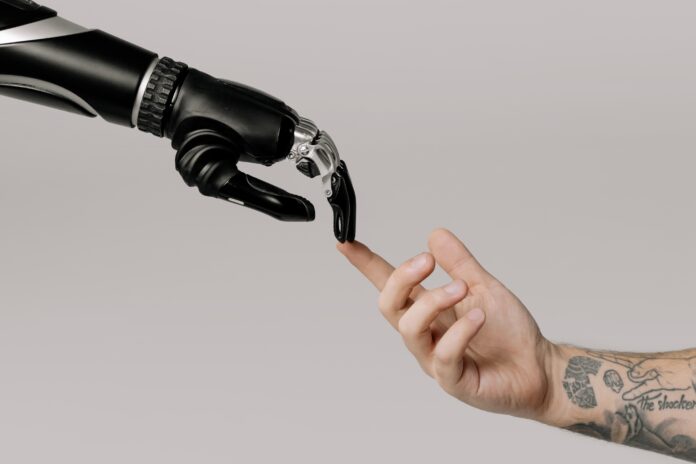It used to be that we watched celebrities and everyday people on television use products and then tell us to do the same. Later, we started taking our product recommendations from social media users with thousands or millions of followers. Soon, we’ll consult digitally created influencers in the same way.
This is the rise of virtual influencers – people or anthropomorphised animals or objects that do all the things humans do online, only better, faster, and at a substantially lower cost.
More and more virtual influencers are being created every month, gaining hundreds of followers every other day and making impressive brand deals with major companies.
But virtual influencer marketing is still in its infancy, and not all companies want to use them just yet. So even while Nerdware prepares for the virtual influencer revolution, we’re also drawing on the incredible powers of artificial intelligence (AI) to elevate our influencer marketing results above industry norms.
Ultimately, now is the golden age of influencer marketing, and South African companies have a better opportunity than most to harness the power of influencers to connect their brands with their target markets. For example, around 34% of South African social media users follow influencers or other experts – considerably higher than the 22% global average.
But many companies are not ready to make the transition to virtual influencers just yet, and still want to work with real-life influencers while leveraging advanced digital technology to gain the competitive edge.
This said, working with influencers is infamously difficult. Fortunately, newer generations of AI is helping marketers and companies to easily overcome some of the industry’s biggest obstacles.
Combating influencer fraud
A major concern for digital marketing agencies and brands has been influencer deception or fraud. An estimated 42% of South African influencers use follow/unfollow tactics and tools to boost their follower count, while another 5.9% of Instagram influencers buy followers and a third have inauthentic comments.
It is hugely problematic when, at the close of a campaign, influencers report high engagement rates but sales conversion numbers remain noticeably low because of falsified follower and engagement counts. The industry inevitably becomes plagued with distrust, and companies that have had a bad experience with influencers will likely avoid similar campaigns in the future.
To combat the problem, digital marketing agencies must implement intensive vetting processes to ensure that influencers are who they say they are, and that companies get what they pay for. Unfortunately, the process is usually expensive and can absorb a large amount of time and resources.
However, with the rise of AI, counteracting potential influencer fraud is more cost-efficient and effective. Certain AI tools can analyse an influencer’s profile and detect signs of fraud that might be missed by the human eye.
By going beyond superficial statistics such as the number of followers and recent content, AI can identify any sudden spikes in followers which may be an indication of purchased followers, or find any previous content across influencers’ various platforms which may not match the message the brand wants to send.
Aligning follower demographics with brand’s requirements
Using AI, marketers can go a step further and even determine if an influencer’s followers align with the brand’s target demographics.
Platforms often have built-in analysis tools which provide in-depth demographic data on specific users. This information can help marketers ensure that they reach the right audience and that the influencer’s followers match their desired customer profile.
By leveraging AI-powered audience analysis tools, marketers can optimise their influencer campaigns by reaching more of the right audience at the right time, while gauging levels of engagement to tweak content and messaging.
At Nerdware, we refuse to use influencers simply because they have large follower counts, understanding that this does not always equate to high engagement rates. Plus, by drawing on AI capabilities, we can better analyse comments, likes, and shares to determine the level of genuine interactions that influencers’ followers have with them.
This helps us choose influencers who have a higher likelihood of driving meaningful engagement and conversions, and maximising results for clients.
Making influencer marketing more financially viable
In addition to influencer selection and campaign optimisation, AI tools can significantly reduce the costs associated with influencer campaigns.
Determining the appropriate compensation for an influencer can be challenging, as there is often no set standard for influencer rates. However, by leveraging historical data and performance metrics, AI tools can determine an influencer’s value based on past performance and compare that with other influencers in the same niche.
This information is priceless for marketers, supporting data-driven decisions about how much to pay an influencer, reducing negotiation times, and ensuring that companies get the most bang for their buck.
AI is truly transforming the digital marketing landscape at a rapid pace, providing companies with the opportunity to improve their influencer campaigns and generate higher value outcomes for clients. That’s why the Nerdware team refuses to treat AI as a threat – instead, we’re embracing the future by implementing AI throughout our business to maximise our marketing impact.

